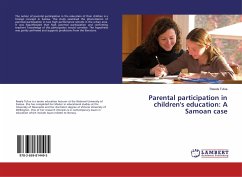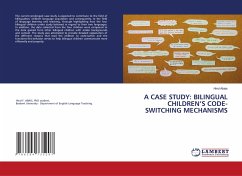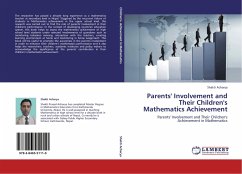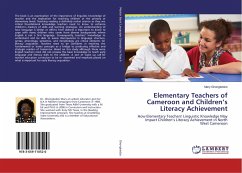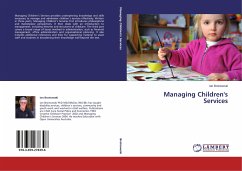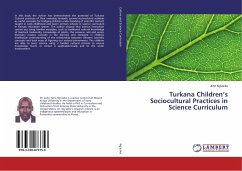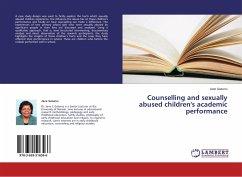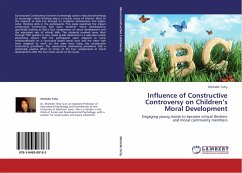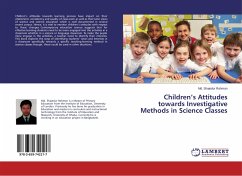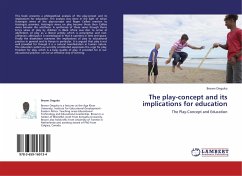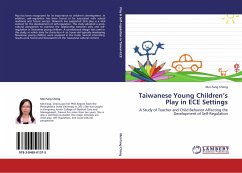
Taiwanese Young Children's Play in ECE Settings
A Study of Teacher and Child Behavior Affecting the Development of Self-Regulation
Versandkostenfrei!
Versandfertig in 6-10 Tagen
45,99 €
inkl. MwSt.

PAYBACK Punkte
23 °P sammeln!
Play has been recognized for its importance to children s development. In addition, self-regulation has been found to be associated with school readiness and future success. Research has supported that play is a vital context for the development of self-regulation. This study adopted a socio-cultural perspective to examine the relationship between play and self-regulation in Taiwanese young children. A correlational design was used in this study, in which data for thirty-four 4- to 5-year-old typically developing Taiwanese young children were analyzed in the study. Several interesting results ...
Play has been recognized for its importance to children s development. In addition, self-regulation has been found to be associated with school readiness and future success. Research has supported that play is a vital context for the development of self-regulation. This study adopted a socio-cultural perspective to examine the relationship between play and self-regulation in Taiwanese young children. A correlational design was used in this study, in which data for thirty-four 4- to 5-year-old typically developing Taiwanese young children were analyzed in the study. Several interesting results were found and discussed from the Taiwanese cultural context.



